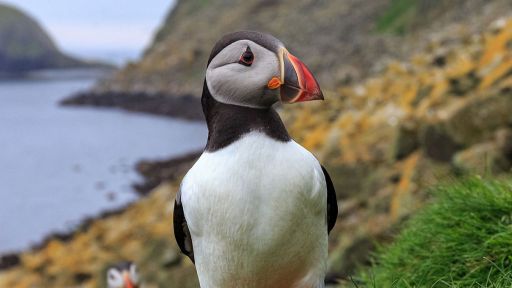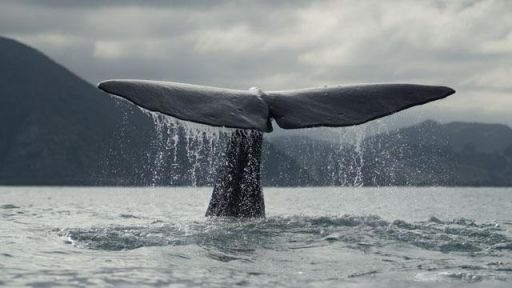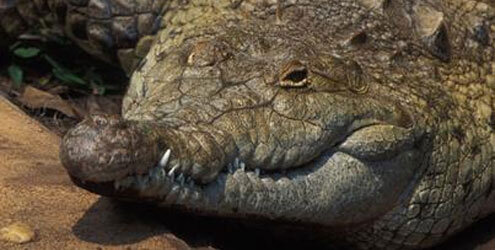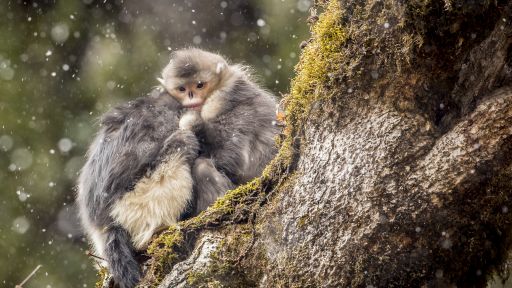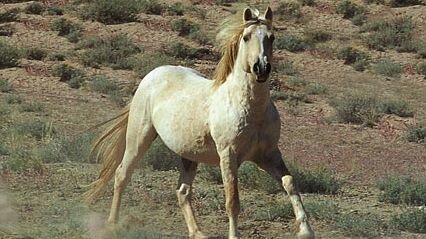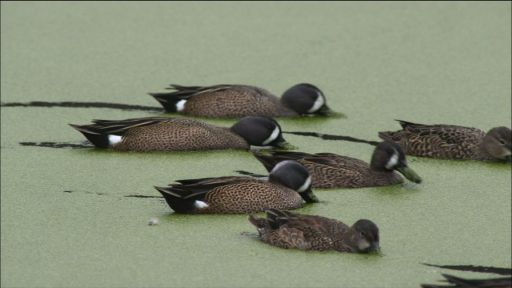When dead whales turn up in San Francisco, they’re towed to an uninhabited island for autopsies. Whale scientist Dr. Joy Reidenberg hopes to better understand why these animals died and how to prevent similar incidents in the future.
Features
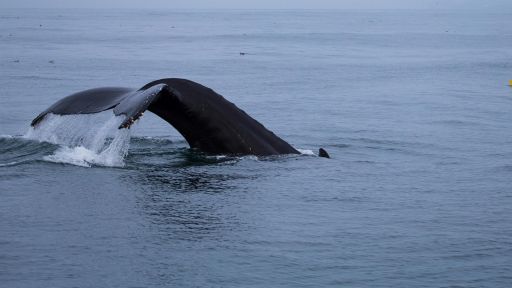
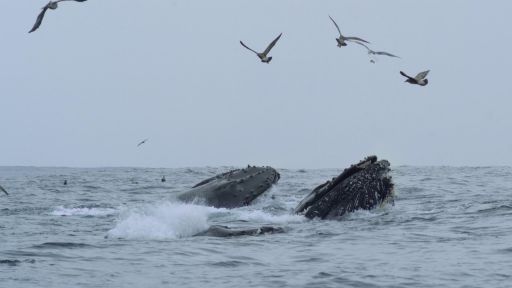

(poignant music) - [Narrator] On May the 9th, we heard that a whale had been found dead, three hours north of where we were staying.
Joy arrives, to join a big team that's gathering.
(wake hissing) (chattering) When dead whales turn up in San Francisco, they're towed to this uninhabited island.
(seagulls screeching) The remains of other dead whales, litter the shores.
- First priority is, why did this animal die?
(waves crashing) If we don't know why it died, we can't do anything about it, we can't stop it.
And if we lose those opportunities, then we may lose the species.
Because we will have missed the warning signs, the red flags are all there, but we have to find them.
So, it's a crime scene first, we got to understand why the whale died.
(seagulls screeching) Once that's established, (splashing) the next order of business is scientific collection.
This is the saddest part of all, because, it's a female, and a fairly young female.
- [Narrator] Fin Whales are an endangered species.
This young female would have had many years of life, and many calves ahead of her.
(patting) A big team has gathered, to do a thorough necropsy.
It will take many hours in the hot sun, to find out what killed her.
- Um, (mumbles), if you have - Joy has a suspicion, - any questions (mumbles)... - that something big hit this whale, and she's looking for proof.
- The layer underneath that muscle should look like this.
Should be kind of - Oh yeah?
- [Joy] whitish yellow.
This is not normal, that's a bruise.
- Right. - And bruising would indicate, that it was bleeding.
- Yeah? - And bleeding indicates, it was alive when it was struck.
And if you look over here, that's rust from the boat.
- Is that... - That is like probably the site of the main impact, right here.
- [Narrator] Joy needs more evidence, and the team dig deeper into the whale (squishing) (seagulls screeching) Finally, the team expose the spine.
It is not all where it should be.
- But this one's been pushed out of position so much so that it's up against the rib.
Should be in the middle of the whale, it shouldn't be up against the rib, this is crazy, that's a massive amount of pressure, and it also means that the whale was really snapped in half.
- [Man] You just don't think of whales as things that snap.
- And they shouldn't (chuckles). - Yeah. - What would normally hit a whale that hard?
There's nothing bigger than a whale in nature!
And then comes along a ship, it doesn't know how to handle that.
I don't think this was done - (mumbles) I know... on purpose. - Definitely.
(chattering) - It's, I, it's more that I'm sad.
I'm sad that it happens, I'm angry that we haven't been able to do something about it, to stop it.
A tragedy, more than anything else, it's a tragedy.
(sad music) (waves crashing) - The necropsy complete, the remains of the whale are left for scavengers.
And Joy, and the team, head home.
(waves splashing)
You May Also Like
